We may earn money or products from the companies mentioned in this post. This means if you click on the link and purchase the item, I will receive a small commission at no extra cost to you ... you're just helping re-supply our family's travel fund.
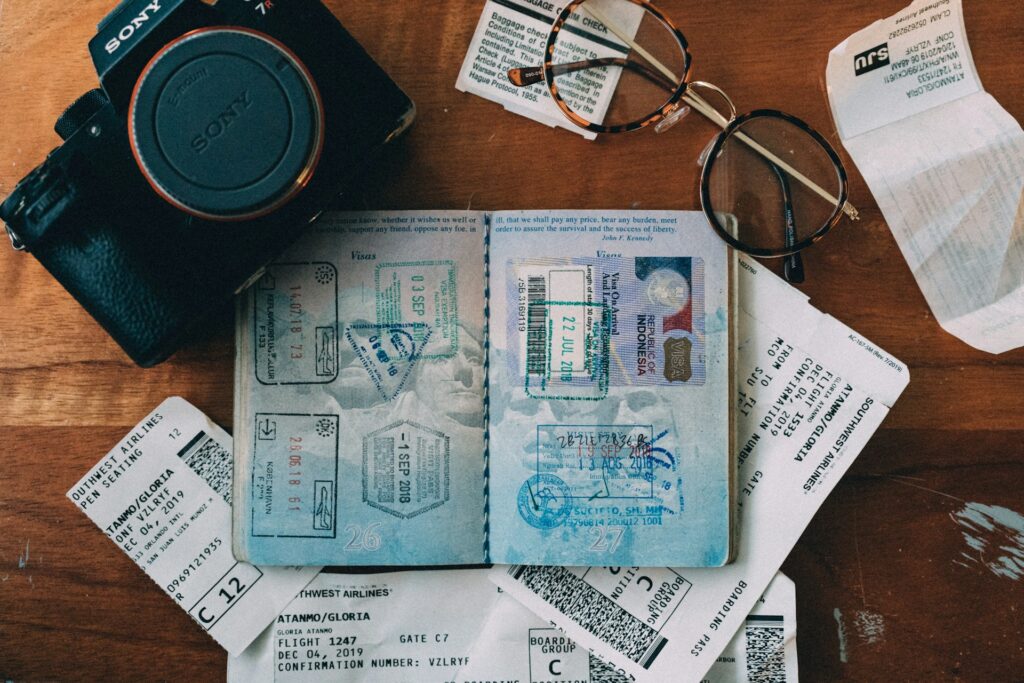
Before you hit “confirm” on those flight tickets, take a step back. Many travelers make the mistake of budgeting around airfare and hotels alone, but that leaves out the heart of the trip: the daily costs that quietly add up. From street snacks and metro rides to entrance fees and tips, the true cost of a trip lives in the details. Planning early helps you avoid that creeping financial anxiety once you arrive.
The Three-Bucket Rule: A Smarter Budget Breakdown

A solid travel budget separates your expenses into three categories: fixed costs (flights, hotels, insurance), daily variable costs (food, transport, activities), and wiggle room (emergencies, indulgences). Most people over-budget for airfare and under-budget for gelato, cocktails, and taxis. Planning for spontaneity doesn’t kill the adventure — it makes sure you can afford to enjoy it when it comes.
Avoiding the Currency Exchange Pitfall
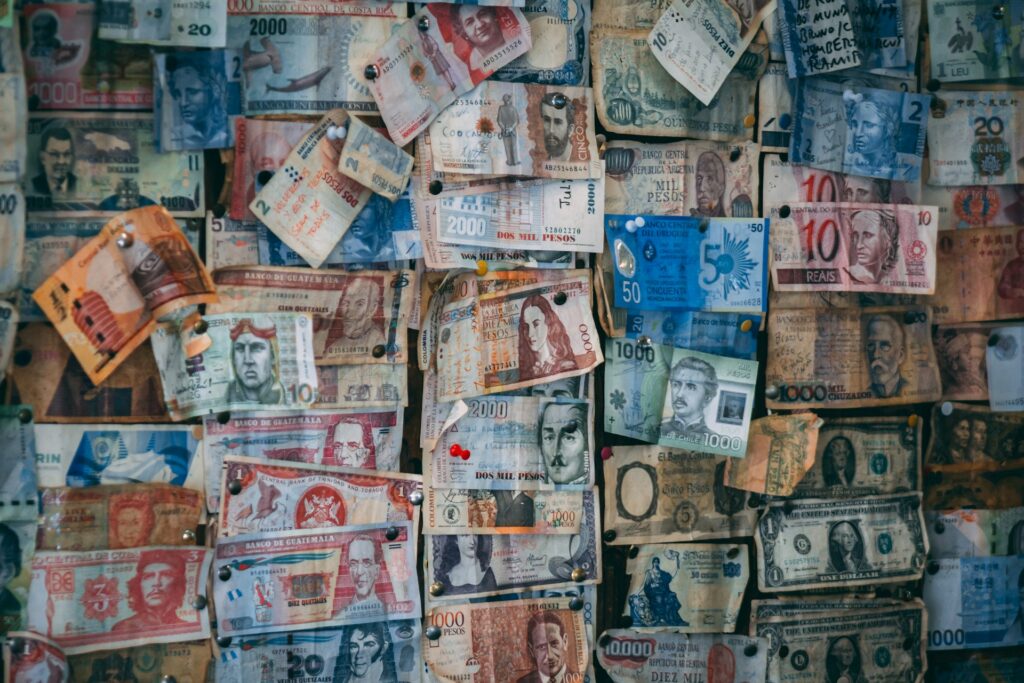
You may not feel the sting of currency conversion until you’re abroad, when your dollars disappear faster than expected. Understanding exchange rates before you travel is crucial. Use a currency tracker app, and avoid changing money at airports or tourist spots where rates are notoriously poor. Prepaid travel cards or no-foreign-fee credit cards can help you dodge hidden fees.
Travel Insurance Isn’t Optional (Really)

It’s tempting to skip insurance to save money, until you’re stuck paying for a last-minute flight change, lost luggage, or an ER visit. Travel insurance should be factored into your budget from the start, not tacked on as an afterthought. Compare policies and costs early; what you spend now could save hundreds or thousands later.
Local Research Can Save You Big
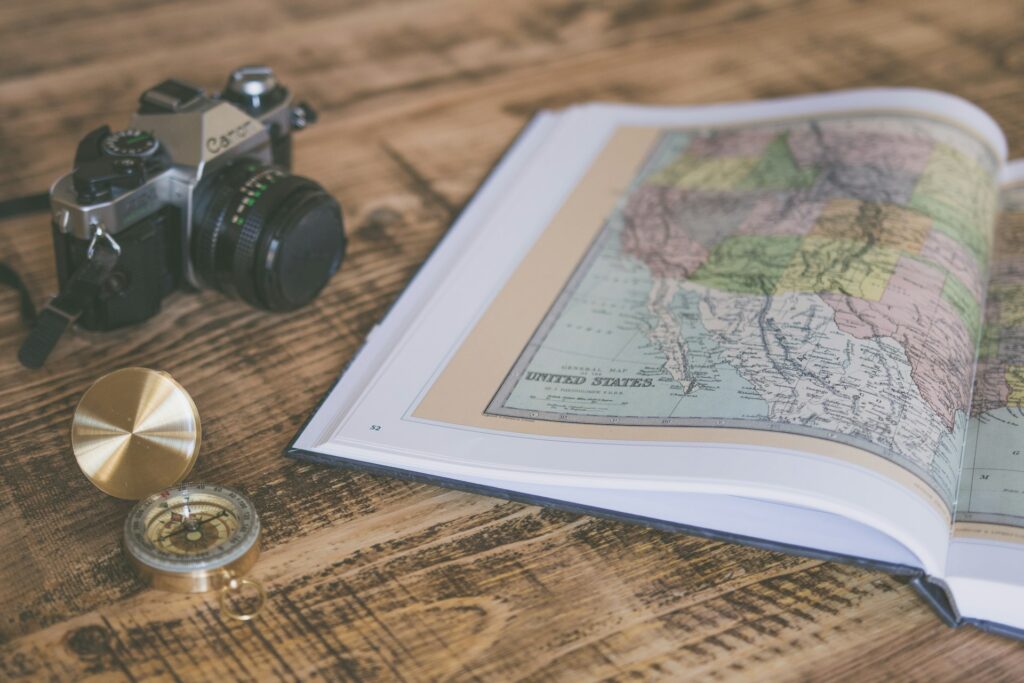
From free museum days to regional rail passes, understanding the local economy can transform your budget. Some cities have affordable food scenes and walkable cores, while others demand a rental car and pricey meals. Budgeting for Tokyo looks very different than budgeting for Lisbon, dig into the specifics. Reddit threads, local blogs, and transit maps are gold mines.
A Budget Is a Living Document
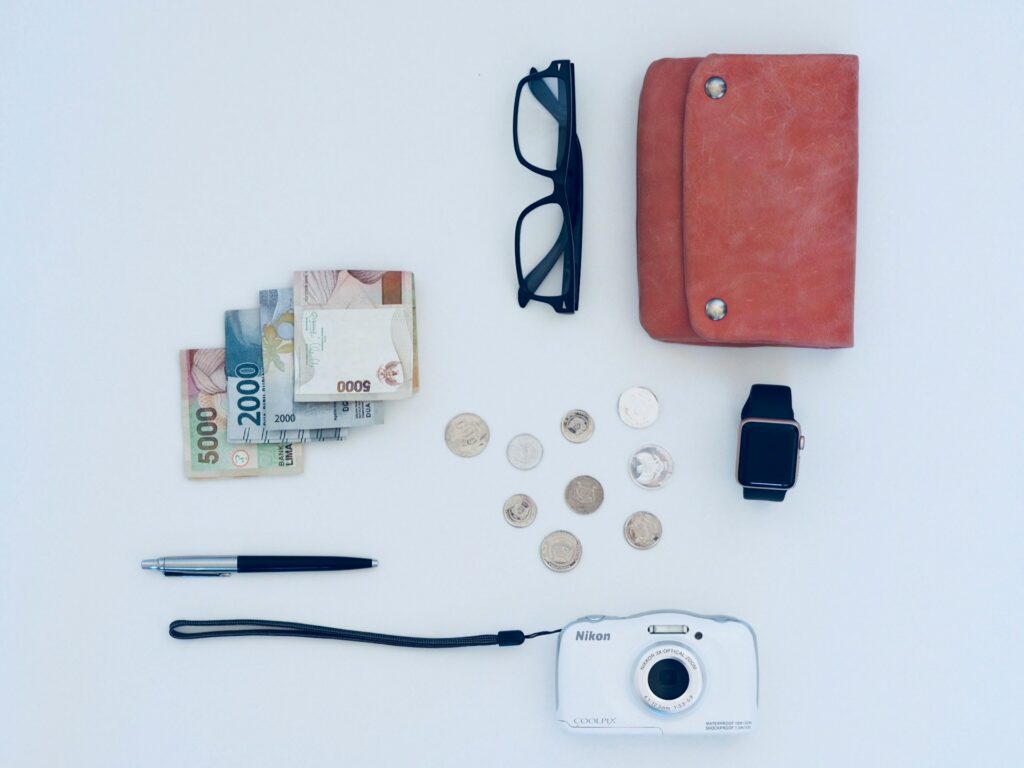
Just because you planned it doesn’t mean it’s rigid. Daily tracking, even casually through an app or notes, helps you adjust in real time. If one dinner costs more than expected, maybe the next day’s activity is a free walking tour. Budgeting while traveling is less about restriction and more about balance, making sure your last day feels as good as your first.
Final Thoughts: Freedom Comes From Planning
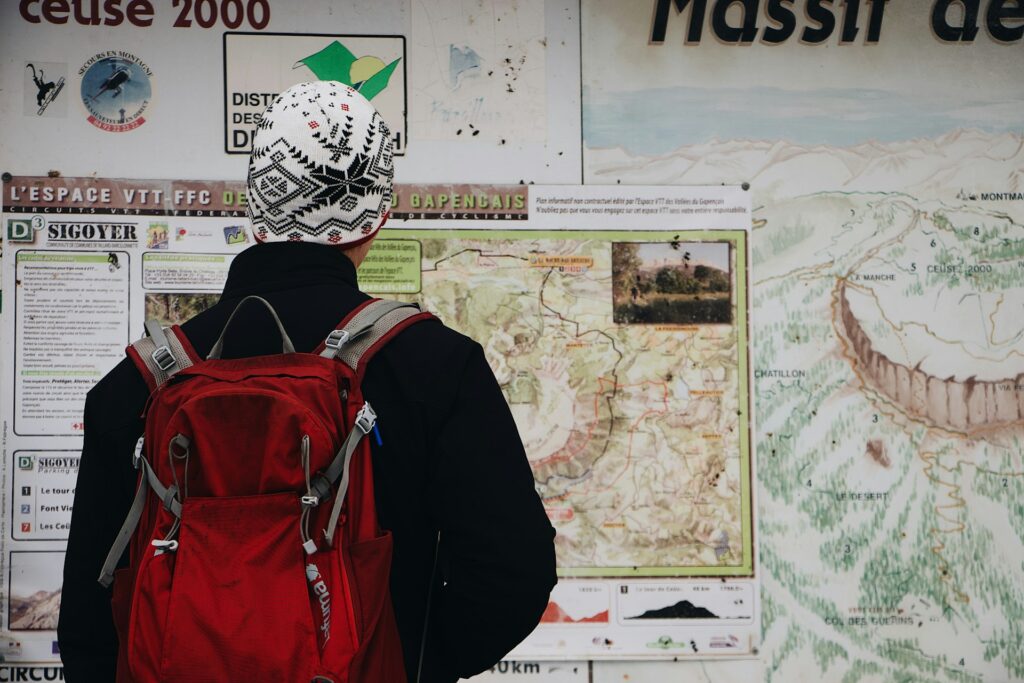
Traveling with a budget isn’t about saying no, it’s about saying yes to the right things. When you know what you can afford, you can be fully present in the moment instead of worrying about your bank account. A smart, flexible travel budget is the best souvenir you can pack: peace of mind.